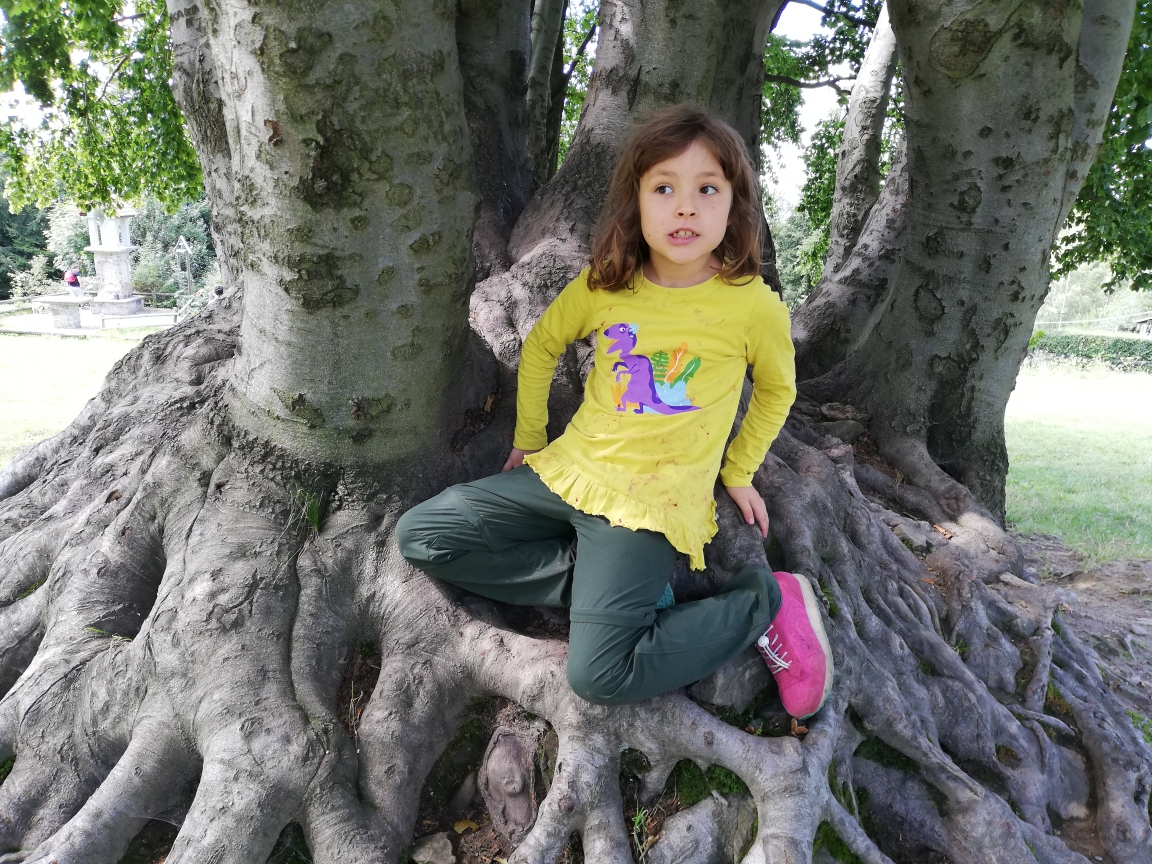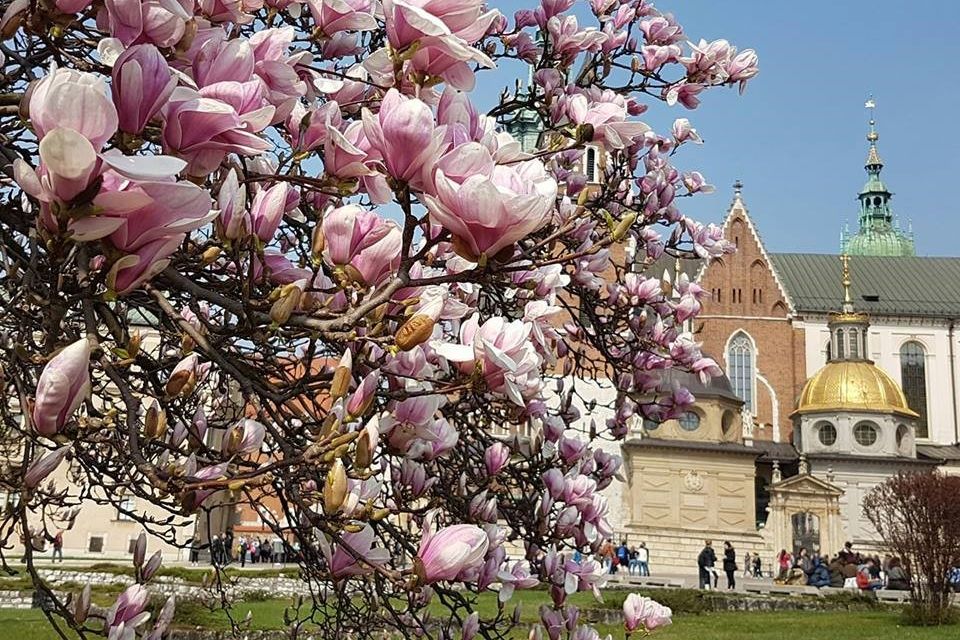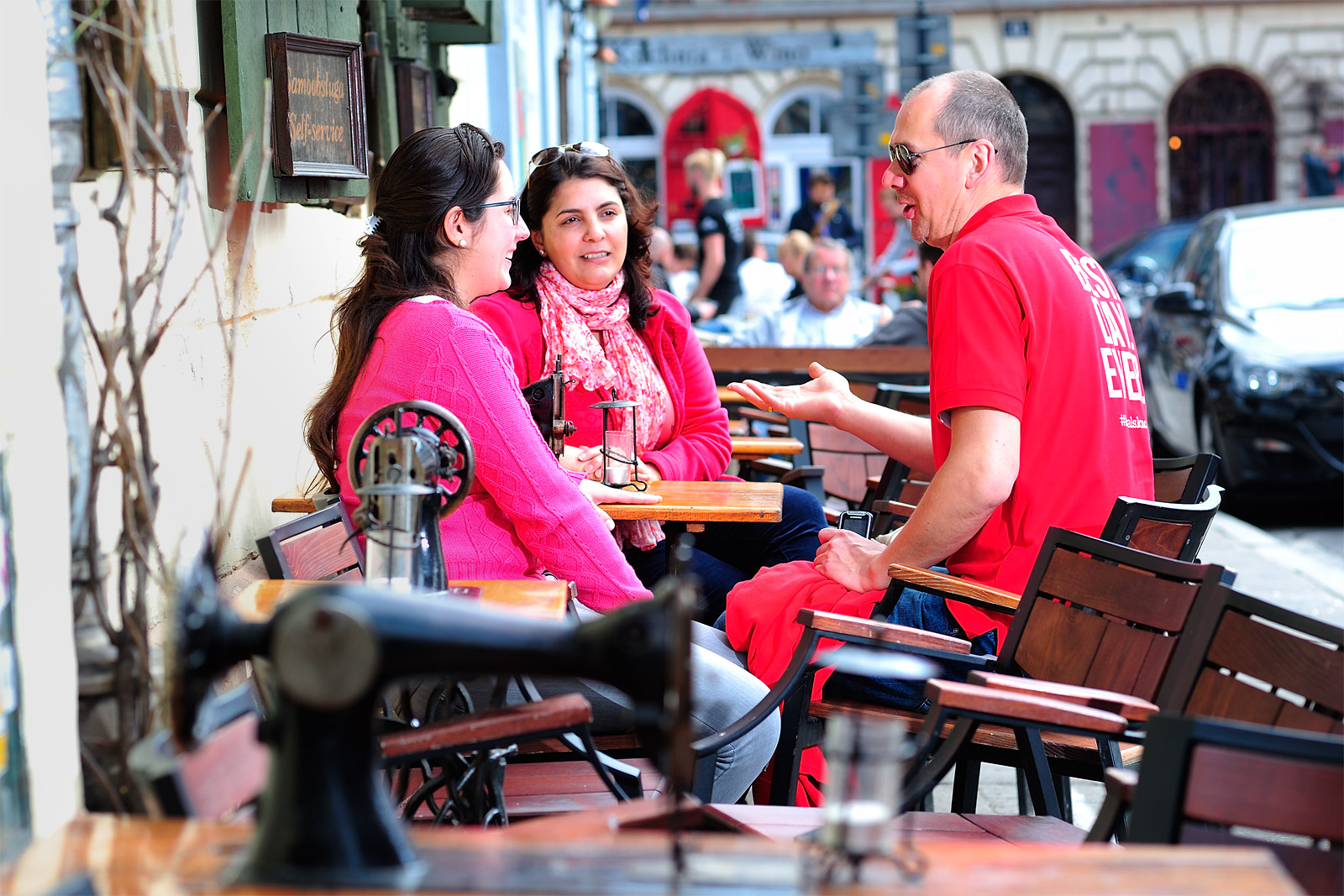Since we answer tourists’ questions several times a week about why we do not organise trips to the Auschwitz-Birkenau Memorial and Museum, the former Nazi concentration and extermination camp, I decided to compile the reasons behind our conscious decision. This decision was made with careful consideration of the nature of this site and the specific focus of our company.
First of all, we respect the choice of those who want to visit Auschwitz and personally engage with its history. We believe it can be an important and meaningful experience. Many agencies in Krakow offer daily trips to the Auschwitz-Birkenau Museum; it’s also possible to go independently by renting a car, booking a private car with a driver, taking the train, or using bus services. There are many options, so anyone who wishes to visit will surely find an arrangement that suits them. We, however, choose not to include it in our offerings because our focus lies in organising a different type of experience. We specialise in cultural and culinary tourism, placing great importance on personal connections and promoting local artisans and places. We primarily work with individual tourists and small groups, treating our guests with respect and aiming to build a meaningful rapport. We show Krakow in a highly personal way, even inviting visitors into our homes. Together, we shop, cook, talk, and discuss the history and modern-day life of Poland. Visiting Auschwitz doesn’t align with the type of experiences we aim to provide. That is the choice we have made.
Auschwitz-Birkenau is a memorial site and a symbol of the tragedy of millions of lives lost during World War II. It is not a typical tourist attraction but a solemn space that requires great respect and an appropriate approach. We believe that the decision to visit Auschwitz should be an individual and personal choice, not a part of a tour package offered to all visitors arriving in Krakow. For those whose aim in coming to Krakow is recreation, family time, or exploring the attractions of a medieval city, Auschwitz doesn’t fit within that kind of experience.
A visit to the Auschwitz-Birkenau Museum can evoke strong emotions, which may be difficult for many people to process. We do not have the necessary preparation to support visitors in dealing with these emotions.
I have one more thought, which not everyone may agree with, but I’ll take the risk of sharing it. It seems to me that many people go to Auschwitz to somehow separate the past from the present, to experience a sort of catharsis, to feel that this all happened long ago and that our only duty now is to visit the museum, honor the victims, and agree with the local guide’s words that “everyone should see this as a lesson in evil, something that must never happen again.” Visitors nod in agreement, shed tears, then go to lunch and return to daily life. And I don’t blame anyone for this, as life does go on. It must. However, evil, too, persists—very real and very current. I find it easier to talk with our guests about the war just beyond our borders and the real help they can provide to Ukrainian refugees in need here and now, rather than return to the times of World War II. Because today’s Auschwitz is called Bucha.
In summary, this decision was made out of respect for the nature of the place and concern for the psychological well-being of our guests. We encourage anyone interested in the history of Auschwitz-Birkenau to either travel independently or to join tours organizsd by specialised agencies that are prepared to provide the appropriate historical and emotional context for this kind of visit.



